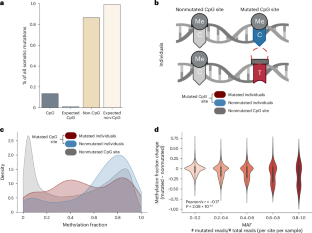2025-02-14 ペンシルベニア州立大学 (PennState)
<関連情報>
- https://www.psu.edu/news/research/story/does-planetary-evolution-favor-human-life-study-ups-odds-were-not-alone
- https://www.science.org/doi/10.1126/sciadv.ads5698
知的生命体の進化に関する「ハードステップ」モデルの再評価 A reassessment of the “hard-steps” model for the evolution of intelligent life
Daniel B. Mills, Jennifer L. Macalady, Adam Frank, and Jason T. Wright
Science Advances Published:14 Feb 2025

Abstract
According to the “hard-steps” model, the origin of humanity required “successful passage through a number of intermediate steps” (so-called “hard steps”) that were intrinsically improbable in the time available for biological evolution on Earth. This model similarly predicts that technological life analogous to human life on Earth is “exceedingly rare” in the Universe. Here, we critically reevaluate core assumptions of the hard-steps model through the lens of historical geobiology. Specifically, we propose an alternative model where there are no hard steps, and evolutionary singularities required for human origins can be explained via mechanisms outside of intrinsic improbability. Furthermore, if Earth’s surface environment was initially inhospitable not only to human life, but also to certain key intermediate steps required for human existence, then the timing of human origins was controlled by the sequential opening of new global environmental windows of habitability over Earth history.

